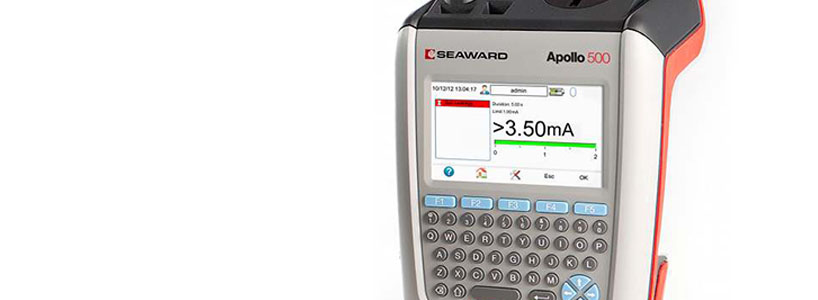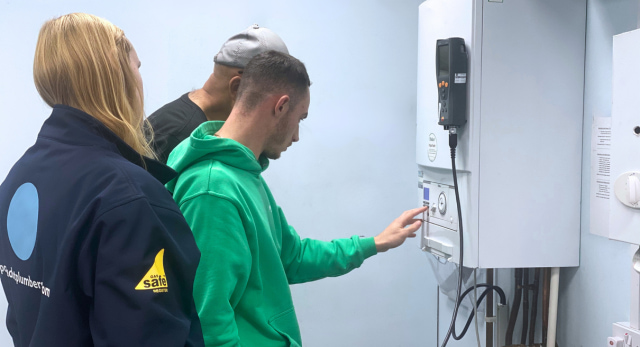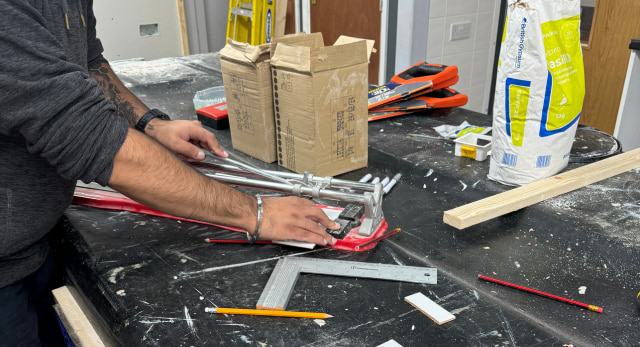According to the Health & Safety Executive, 25% of all reported electrical accidents involve portable appliances. To prevent these instances for London businesses, PAT Testing, or Portable Appliance Testing, should be an important part of any health & safety policy, providing an opportunity for suitably qualified London electricians who have undergone PAT Testing training.
The Electricity at Work Regulations place a legal responsibility on employers, employees and self-employed persons to comply with the provisions of the regulations and take reasonably practicable steps to ensure that no danger results from the use portable appliances. This requires the implementation of a systematic and regular program of maintenance, inspection and PAT testing. The Health & Safety at Work Act (1974) places such an obligation in the following circumstances:
1. Where appliances are used by employees.
2. Where the public may use appliances in establishments such as hospitals, schools, hotels, shops etc.
3. Where appliances are supplied or hired.
4. Where appliances are repaired or serviced.
The level of inspection and PAT testing required is dependent upon the risk of the appliance becoming faulty, which is in turn dependent upon the type of appliance, the nature of its use and the environment in which it is used.
For electrician’s looking to tap into London’s PAT Testing market, Logic4training runs the City & Guilds 2377-22 PAT Testing course, servicing London-based customers from Northolt, Luton and Basildon. PAT Testing training covers a range of appliances plus the regulatory and legal requirements that under-pin the testing and inspection of in-service electrical equipment.
The Institution of Engineering and Technology (The IET) publish the “Code of Practice for In-service Inspection and Testing of Electrical Equipment” (ISBN: 978-1849196260). This guide forms the basis for portable appliance testing in the U.K. Candidates on our PAT Testing course are advised to purchase this prior to training, from centres, or our shop.









